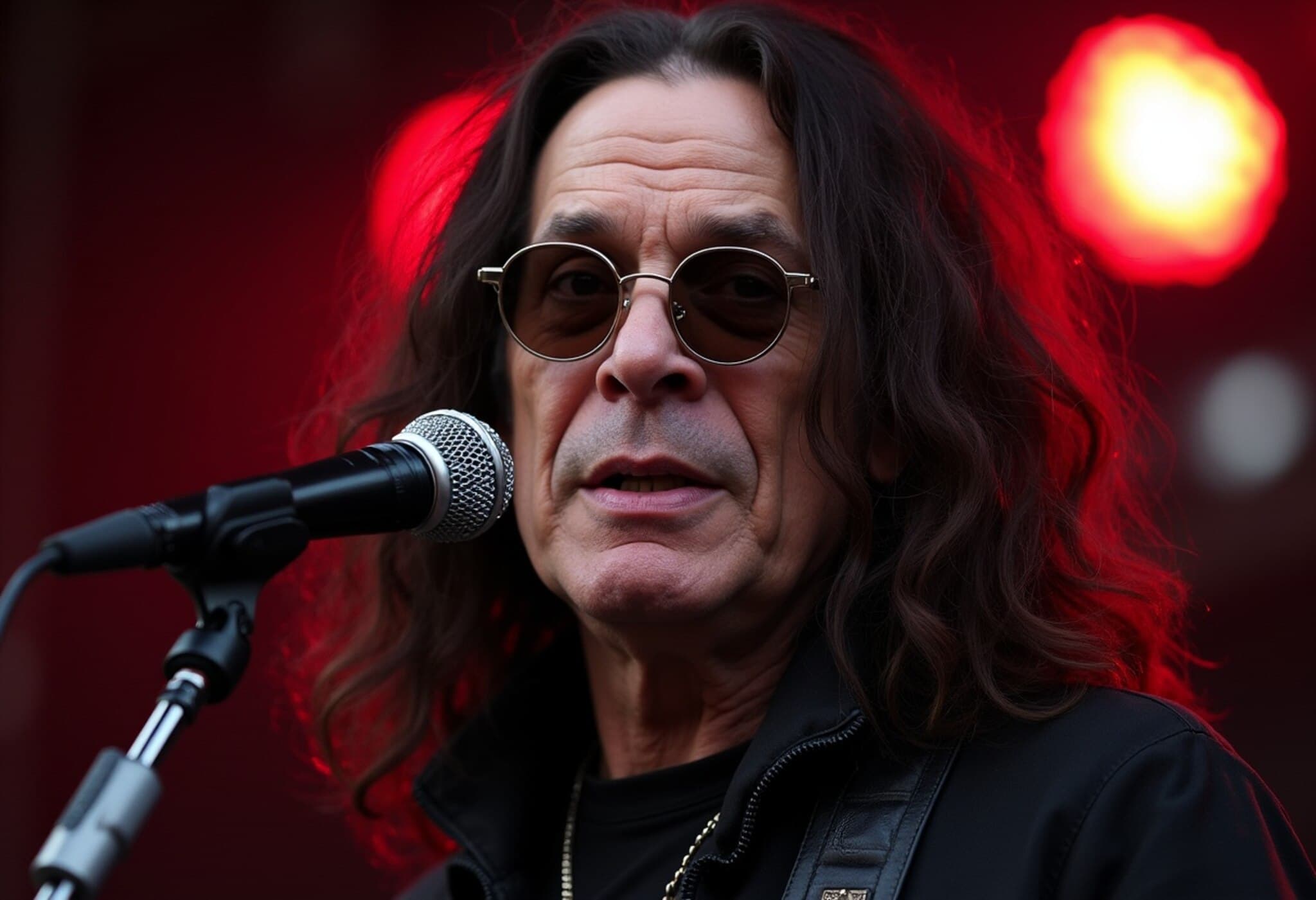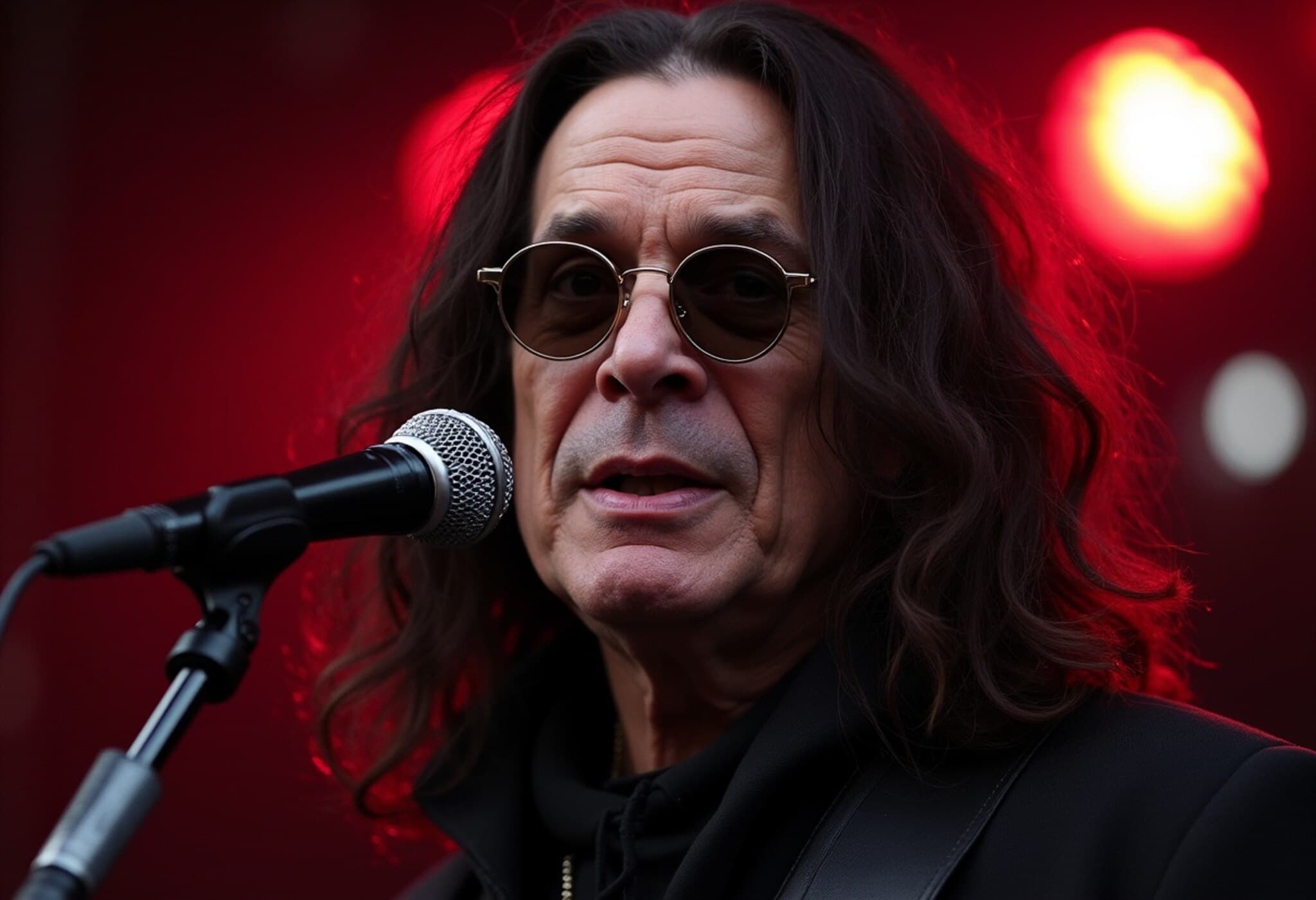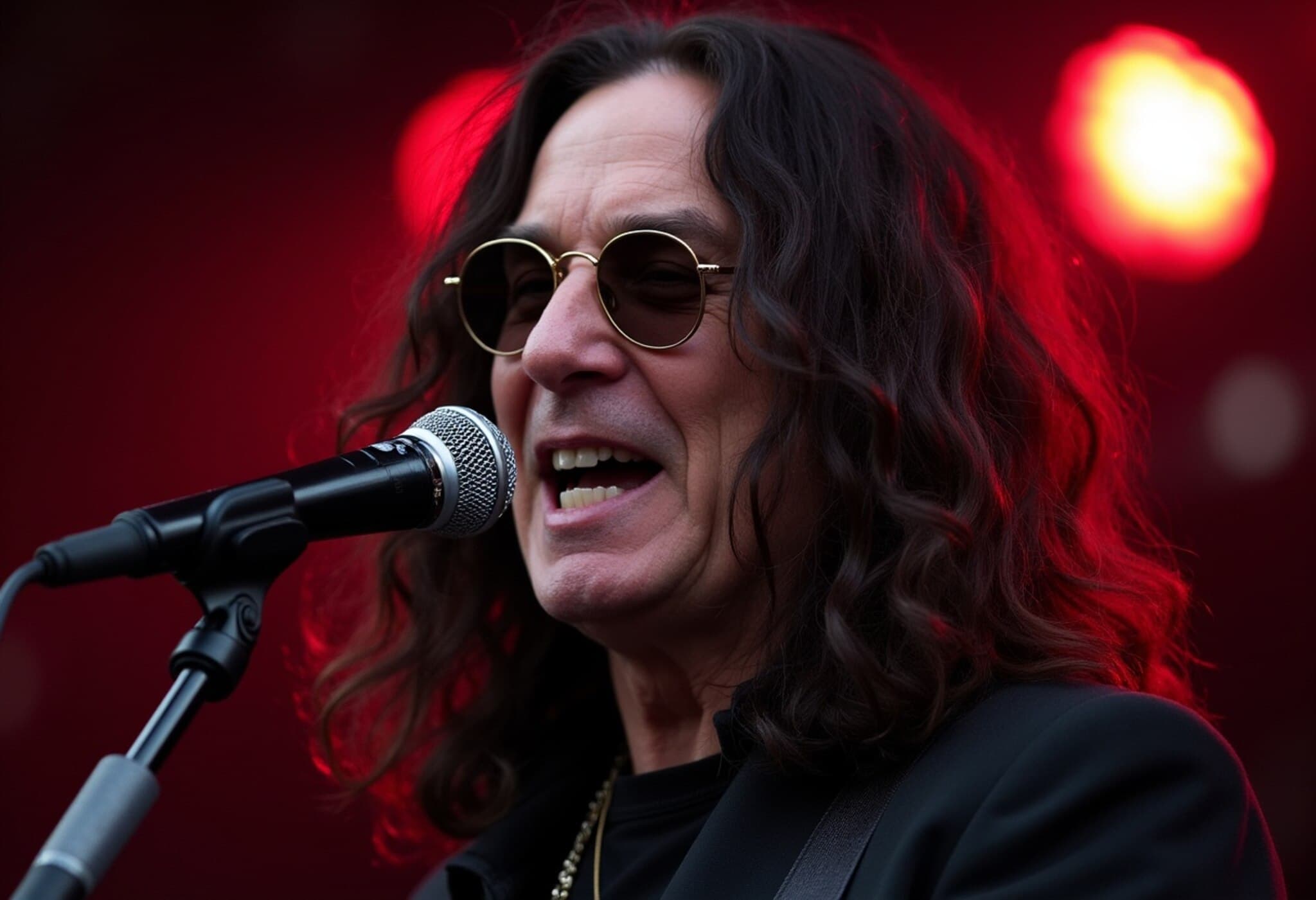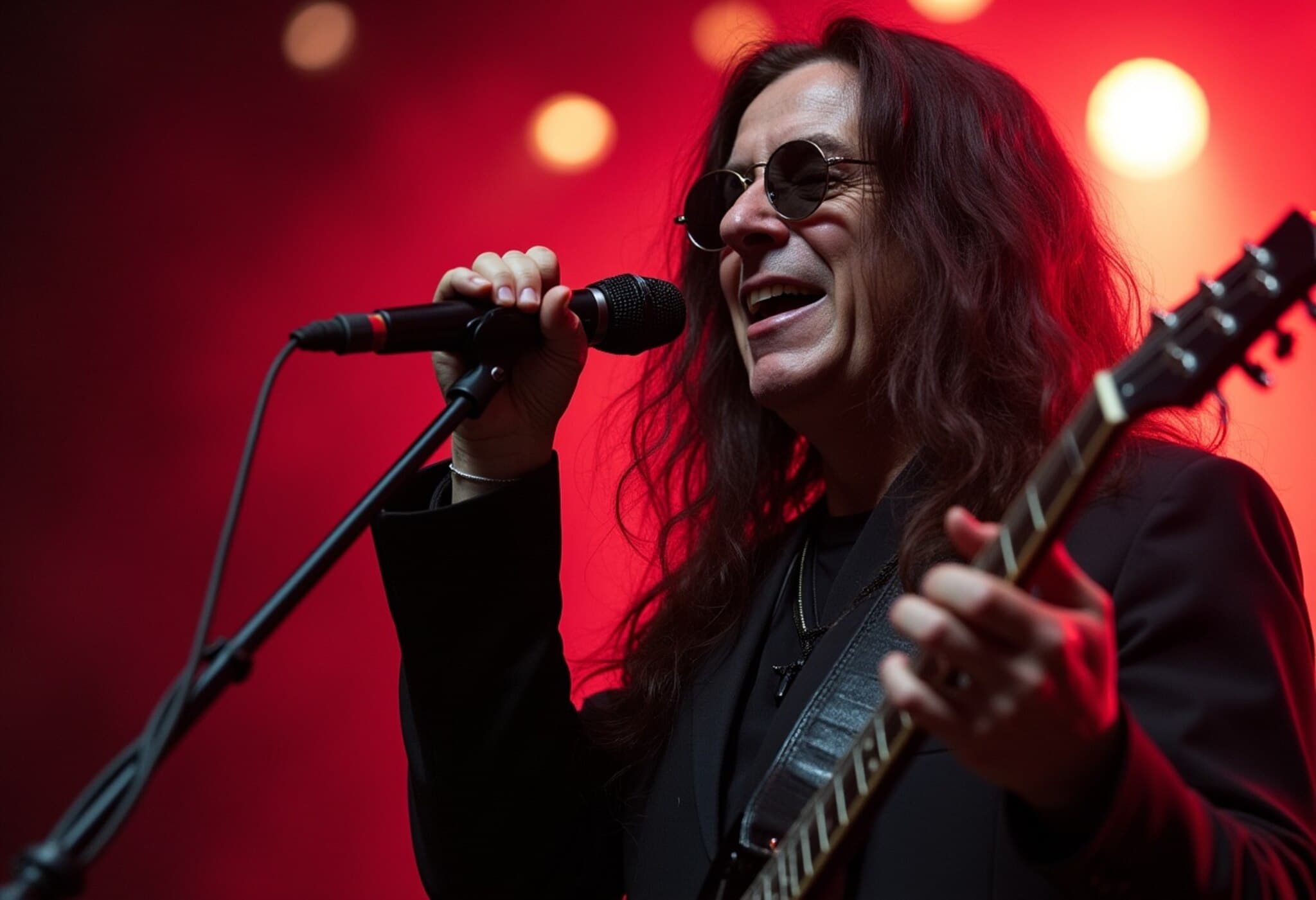Ozzy Osbourne: The Prince of Darkness Passes Away at 76
John Michael "Ozzy" Osbourne, the British heavy metal pioneer whose raw voice and larger-than-life persona helped define a generation, died surrounded by family on July 22, 2025, at the age of 76. The legendary frontman of Black Sabbath and a solo artist known for hits like "Crazy Train" left an indelible mark on music and culture worldwide.
A Legacy Forged in Birmingham’s Working-Class Heart
Born on December 3, 1948, in Birmingham, England, Osbourne’s humble beginnings foreshadowed a life filled with struggles and triumph. Growing up in a working-class family as the fourth of six children, his early years offered little hint of future stardom. He dropped out of school at 15, working jobs from slaughterhouses to factories, and even faced prison for a brief stint. But fate intervened when he joined a local band that would eventually become Black Sabbath.
From Earth to Black Sabbath: The Birth of Heavy Metal
Initially called Earth, the band transformed into Black Sabbath in 1969, drawing inspiration from horror films and the occult, marking the foundation for heavy metal as a genre. Their groundbreaking 1970 debut and the follow-up album "Paranoid" introduced a darker, heavier sound that resonated deeply during a turbulent era marked by the Vietnam War and social unrest.
While critics initially derided Black Sabbath as "the worst of the counterculture", fans and subsequent generations embraced their music, which came to symbolize raw emotion and rebellion. Ozzy’s distinctive voice, a unique blend of bluesy grit and a haunting wail, was central to the band’s identity, earning praise from music scholars for its authenticity and power.
Solo Stardom and Reinvention
Following health struggles and internal tensions, Osbourne was fired from Black Sabbath in 1979. But this setback launched his successful solo career, thanks in large part to the unwavering support of Sharon Osbourne, his eventual wife and manager. His 1980 debut Blizzard of Ozz went multiplatinum, featuring iconic tracks like "Crazy Train."
Despite personal tragedies — including the tragic death of guitarist Randy Rhoads in a 1982 plane crash — Osbourne persevered. Sharon's managerial acumen helped him build the Ozzfest music festival, establishing a platform for metal bands worldwide. His career was as much about resilience as it was about rock 'n' roll excess.
The Man Behind the Madness
Ozzy’s reputation wasn’t just built on his music but also his notorious antics, which included biting the head off a bat during a concert and other wild stunts that shocked and fascinated audiences. These moments reinforced his image as the "Prince of Darkness" but also painted an incomplete picture of a man who grappled with addiction, illness, and personal demons.
In later years, Osbourne candidly shared his battles with Parkinson's disease and multiple spinal surgeries, which severely limited his mobility. Yet his voice — his most treasured instrument — remained remarkably strong. His 2025 reunion with Black Sabbath helped cement his enduring artistry, drawing thousands of fans for a final, historic performance.
Changing Public Perception: From Outlaw to Beloved Family Man
The MTV reality show The Osbournes transformed public perception by revealing Ozzy’s softer side within family life. Through humor and vulnerability, he connected with a new generation, proving his appeal extended beyond music into mainstream culture.
Critics have since acknowledged Osbourne’s role as an entertainer and cultural icon. "He wasn’t the greatest vocalist," notes heavy metal historian Eddie Trunk, "but his charisma and authenticity made him unforgettable."
Impact and Enduring Legacy
- Musical Influence: Ozzy’s pioneering work with Black Sabbath shaped the foundation of heavy metal, influencing bands like Metallica, Slayer, and Alice in Chains.
- Cultural Significance: He symbolized rebellion and resilience in the face of adversity, inspiring fans worldwide.
- Human Story: His openness about illness and struggles brought awareness and empathy to issues faced by aging rock stars.
Remembering Ozzy Osbourne
Osbourne is survived by Sharon Osbourne and six children, leaving behind a complex legacy as a musical trailblazer, cultural phenomenon, and enduring entertainer. Reflecting on his life, Ozzy once remarked he wanted to be remembered simply as himself — a man who made people smile and sometimes bewildered them with his wild antics.
As fans and contemporaries mourn, his story stands as a testament to the power of music to transcend humble origins and personal obstacles, leaving a lasting imprint on the rock world and beyond.
Editor’s Note
Ozzy Osbourne’s death marks the end of an era in rock history. Beyond his wild image, his journey underscores themes of survival, reinvention, and the humanizing power of music during decades of cultural shifts. As society grapples with the health and legacy of aging icons, Ozzy’s openness about illness invites critical reflection on care for artists in later life. How will future generations preserve and interpret the legacies of transformative figures who lived as loudly as Osbourne?












